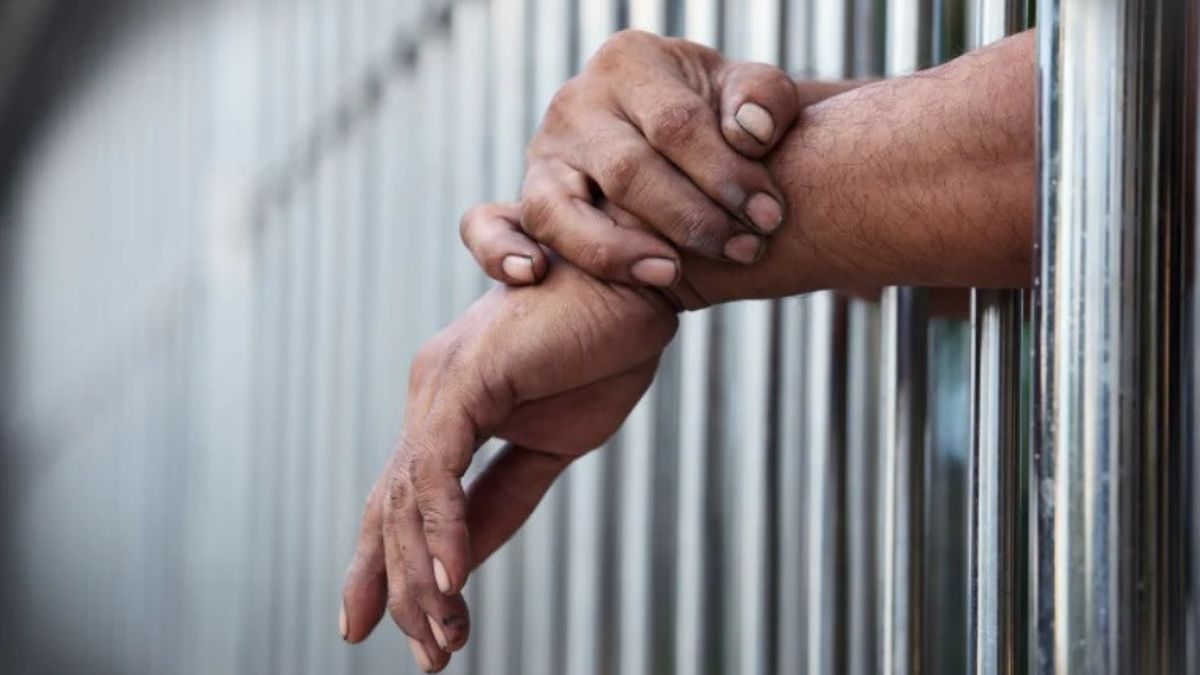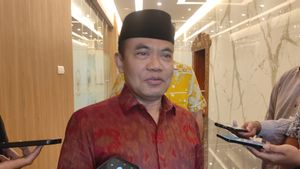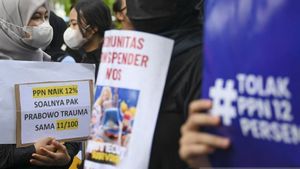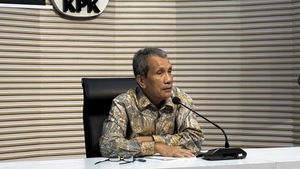JAKARTA The number of foreign nationals (WNA) serving a sentence in Indonesia is considered a burden on the state. Because the Indonesian government through the National Legal Development Agency (BPHN) plans to transfer prisoners between countries (Transfer of Sentened Persons).
Head of BPHN Widodo Ekatjahana said Indonesia must have a strong legal umbrella regarding the process of transferring prisoners between countries.
This is because the rehabilitation and reintegration process for foreigners will be hampered due to the many differences while being detained in Indonesia.
Criminalization in Indonesia not only functions to provide a deterrent effect for perpetrators, but also to rehabilitate them so that they can reintegrate with the community (re-integration). In the case of foreigners, this process can be hampered due to differences in language, culture, religion, customs and habits. If he is serving his sentence in the country of origin, then the rehabilitation process can run more optimally," Widodo said in his statement in Jakarta, Wednesday, March 29.
Meanwhile, according to the Head of the National Legal Planning Center for BPHN Constantinus Kristomo, Article 45 of the Correctional Law provides an opportunity for foreigners to have the opportunity to carry out their criminal penalties in their country of origin.
This also includes prisoners of Indonesian citizens (WNI) who are carrying out criminal penalties in a foreign country, whose transfer mechanism is carried out through an agreement.
The Bill on the Transfer of Inter-National Prisoners will serve as a legal basis for the Republic of Indonesia in implementing the agreement to transfer prisoners between countries. In addition, the presence of this bill is important to realize the implementation of prisoners' rights in accordance with international standards based on international conventions, "concluded Kristomo.
For information, the preparation of the Bill Academic Script regarding the Transfer of Inter-National Prisoners is a continuation of the drafting process that was carried out in 2014.
The drafting process is carried out to perfect the substance of the bill and adapt it to national legal developments. Especially after the issuance of Law no. 22 of 2022 concerning Corrections and Law no. 1 of 2023 concerning the Criminal Code, as well as other legal developments.
The English, Chinese, Japanese, Arabic, and French versions are automatically generated by the AI. So there may still be inaccuracies in translating, please always see Indonesian as our main language. (system supported by DigitalSiber.id)













